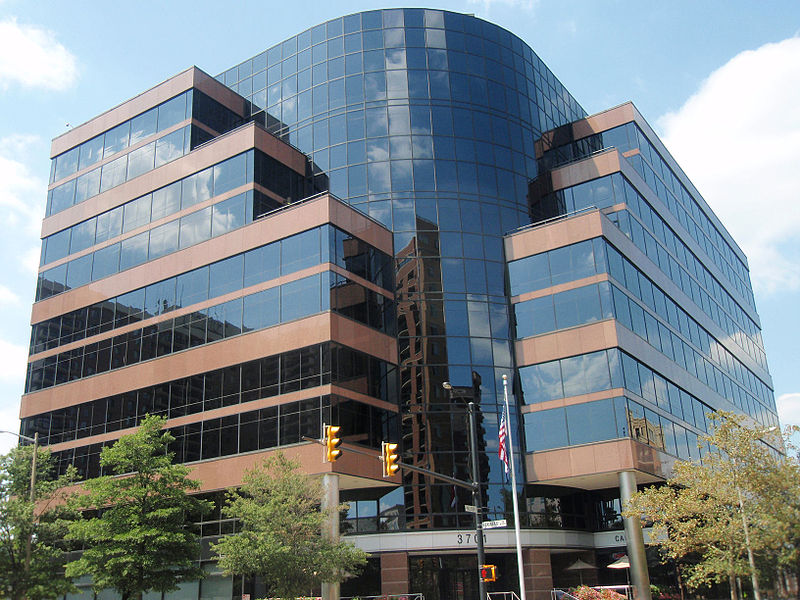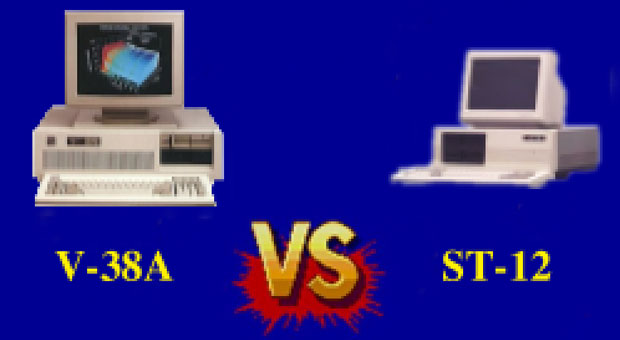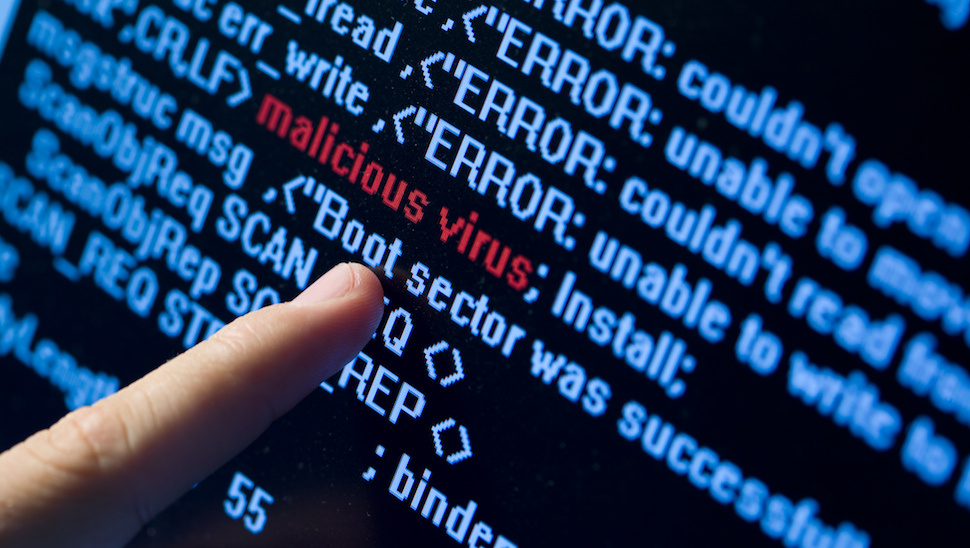The Defense Advanced Research Projects Agency (DARPA) is one of the agencies under the United States Department of Defense. Its main objective is to develop new technologies and strategies for military use. DARPA basically serves as the Research & Development for the Pentagon and nowadays one of the major issues they have to deal with is cyber security.

Since the problem is of great complexity and urgency, the pentagon has decided to use it’s almost limitless supply of money to attract ordinary people to help solve the problem. DARPA recently announced a competition to help create a defense system that will be able to protect itself automatically from any external threats. The grand prize of two million dollars should be enough to lure even the most hesitant of programmers. The challenge will span over 3 years and is aimed to improve DARPA’s IT security by a great amount.

Three years may sound like plenty of time to write a few lines of code, but the people at DARPA aren’t just asking for a simple anti-virus software to protect them from ordinary viruses and hackers. The agency is asking for a software with better reasoning capabilities than any expert. They want a program that constantly improves itself and learns to create it’s own knowledge database. The program should also be able to fend off cyber attacks in a matter of hours, even seconds. This is a tall order compared to their current method which involves days to counter any attack and requires human interaction and knowledge.

Many people still consider this challenge with a critical viewpoint, saying that it may bring upon technological doom for humanity as shown by many movies (namely the Terminator series). Others think that the challenge is impossible for any one team to complete, but will give DARPA a great amount of info and provide them with new and different approaches so they can tackle the problems themselves. There are even people that consider the prize of two million dollars to be lacking, saying that they could sell the program to private companies for a far better price instead of “handing it over” to DARPA.

Whatever the opinions of people, competitions like these have provided large stepping stones to newer and greater technologies even when the competition itself does not succeed. A great example of this is Google’s self-driving car which originated in the 2004 self-driving car competition. No participants completed the seven mile course, but it provided great feedback and knowledge on how to overcome the collective problems. DARPA may have bargained for more than it’s hoping or it may just have taken a step toward a safer digital future. The only way to find out is to wait till the end of the competition and hope the results are fruitful.


